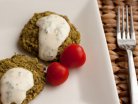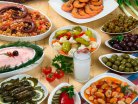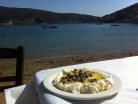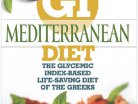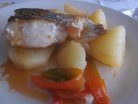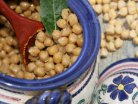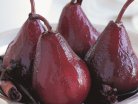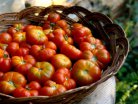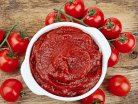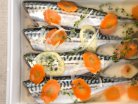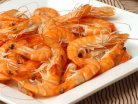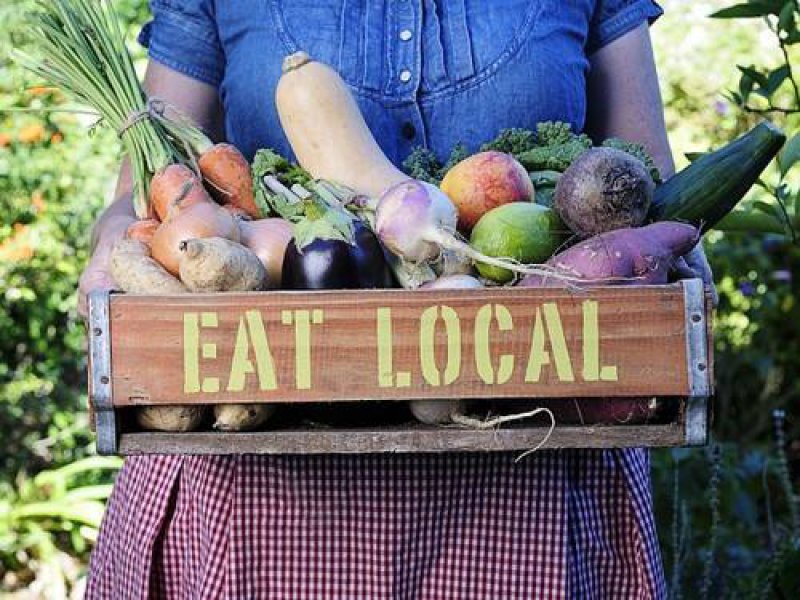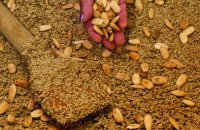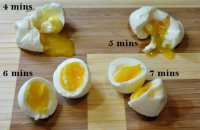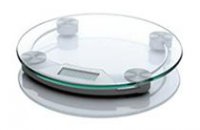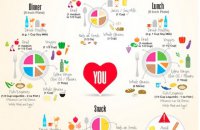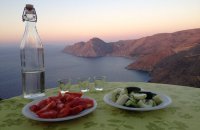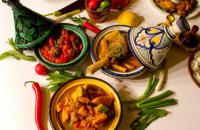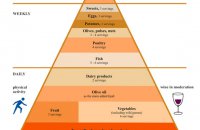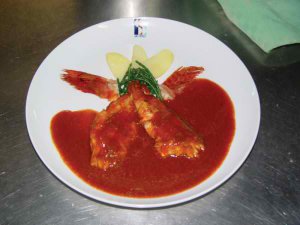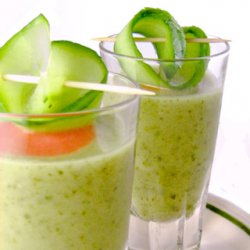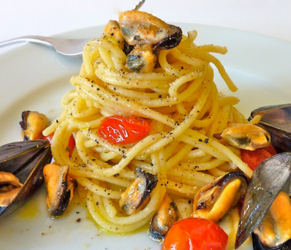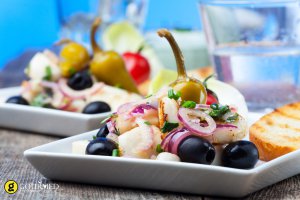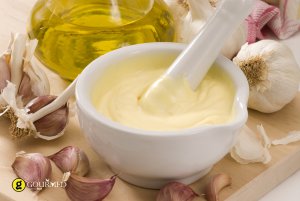Those that are lucky enough to live around the blue waters of the Mediterranean tend to take their food seriously. Very seriously indeed. For over ten thousand years, the sea has been a major source of food for the people of the lands that encircle it, and so fish, rather than meat, has always been a key ingredient of the Mediterranean diet. Although some so-called vegetarians will eat fish – although strictly speaking, they should be called pescatarians, rather than vegetarians - true vegetarians can still enjoy genuine Mediterranean cuisine. A quick search through some of our recipes will reveal a host of mouth-watering recipes that can be made without animal products. In part due to the many different religious influences on Mediterranean cooking, there are plenty of recipes that are already suitable for vegetarians, and even more that can be made meat and fish free with just a little simple adjustment and pre-planning.
Quinoa the wonder-food
It becomes second nature for vegetarians to check the ingredients of any shop-bought products or restaurant menu, just to make sure the item is suitable, but there are other things that need to become part of a vegetarian’s checklist. There are five items that are particularly difficult for a vegetarian diet to replace: B12, calcium, iron, omega 3 and zinc. For this reason, a little fish is recommended, as it is so high in these missing essentials but, understandably, this is not a viable choice for many vegetarians. There are some grains available with a high content of some of these missing ingredients, including quinoa. Pronounced “keen-wah”, it is more than a faddy superfood that promises much and delivers little. In fact, its properties have been recognized by the United Nations’ Food and Agriculture Organization as part of a solution to world hunger, declaring 2013 as the International Year of Quinoa. It can be readily substituted wherever couscous or tabbouleh is used, or as a side dish by itself.
So much is already vegetarian-friendly
Fortunately for vegetarians, some of the most delicious aspects of the Mediterranean diet already come veggie-friendly. Olive oil is probably the first thing that comes to people’s minds when they think of the Med, and this can be used as a substitute virtually anywhere butter or lard is called for, not to mention being absolutely delicious on its own. Glorious green salads and fresh bright tomatoes, eggplant and zucchini, rice and couscous, are all vegetarian favourites that complement Mediterranean recipes. Of course, the obligatory glass of wine or retsina is as typically Mediterranean as sun-dried tomato and olive bread, and is completely meat free. If you do not drink alcohol, there is always a delicious grape-juice alternative.
Something for the vegans
One item synonymous with the Mediterranean kitchen is feta cheese. Soy cheeses are generally pretty good, but check the packet carefully as there are one or two still on the market that contain some milk products. Vegans can find a choice of substitutes, including Vegcuisine’s soy feta which is highly recommended and hardly distinguishable from the animal-derived version. Alternatively, you can make your own substitution using extra-firm tofu. Soak it for a few hours (overnight, if possible) in saltwater or miso, drain it, allow it to dry, and then use as a delicious feta alternative.
The perfect diet for everyone
Scientists have been persuading us of the advantages of the Mediterranean diet for decades, and claims that it reduces heart disease, obesity, and even skin cancer should encourage many to adopt this lifestyle. Even if we take some of the more extreme health claims with a pinch of salt, there is no denying that the emphasis on grains and unsaturated fats has a positive effect on people’s wellbeing. Speaking of salt, if there is a criticism of the Mediterranean diet, it is that it can contain more salt than is healthy, but much of this is aimed at the fish aspect of menu, such as anchovies and salted fish recipes, and so less of a hazard for the vegetarian. Try not to go overboard on the capers and olives, however, as these can contain high levels of salt, too, as do some of the cheeses. As with most things in life, moderation is the key. A little of what you love makes life worth living, and a Mediterranean cookbook will be packed with things that a vegetarian can eat, many without making a single substitution.

